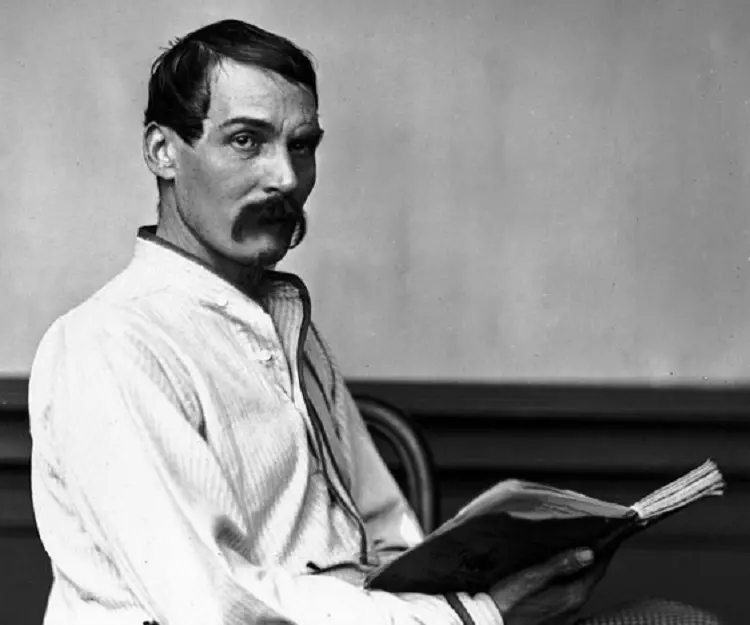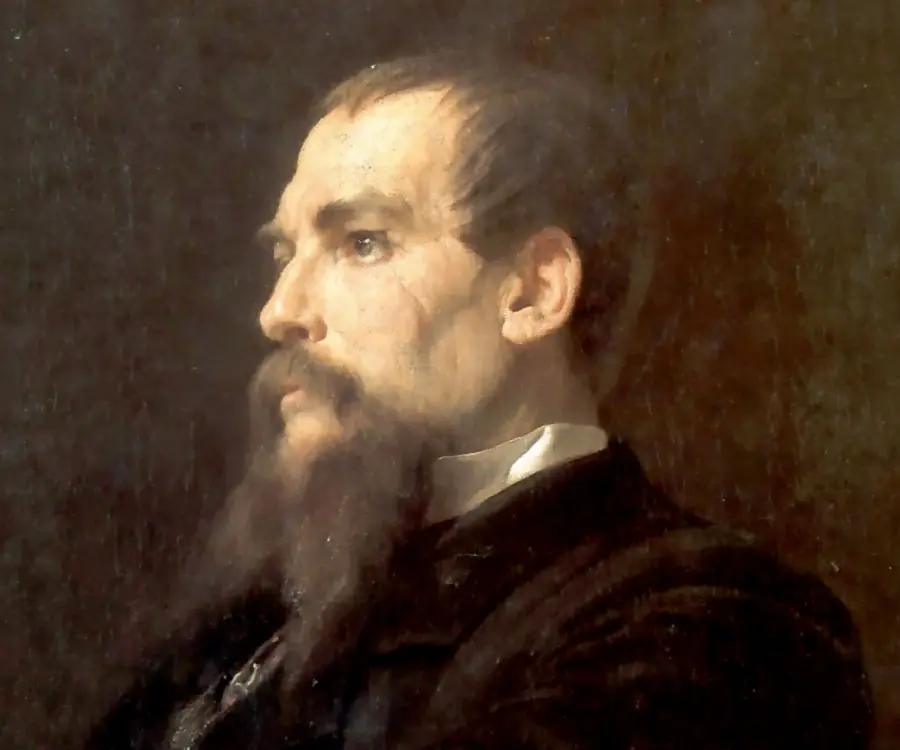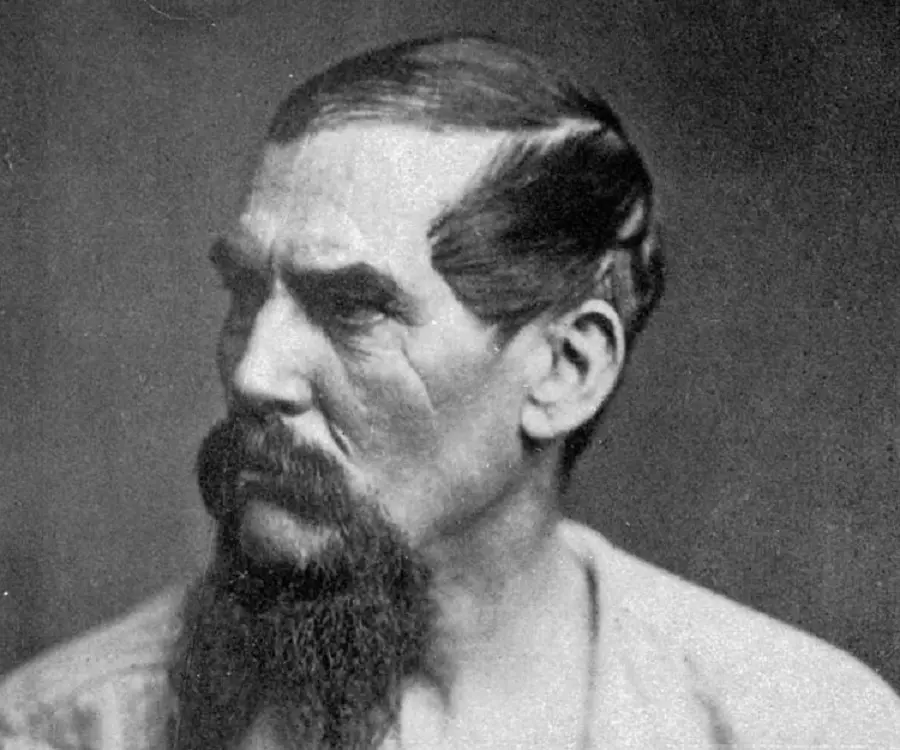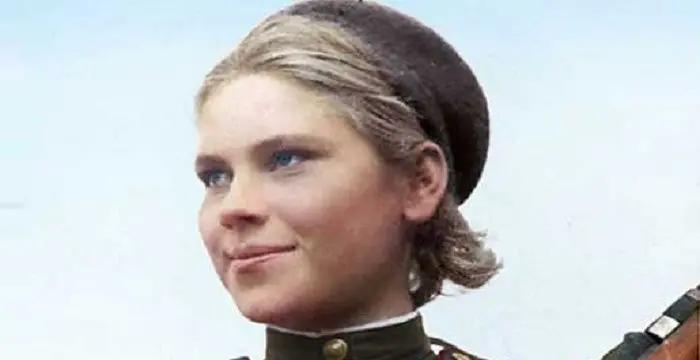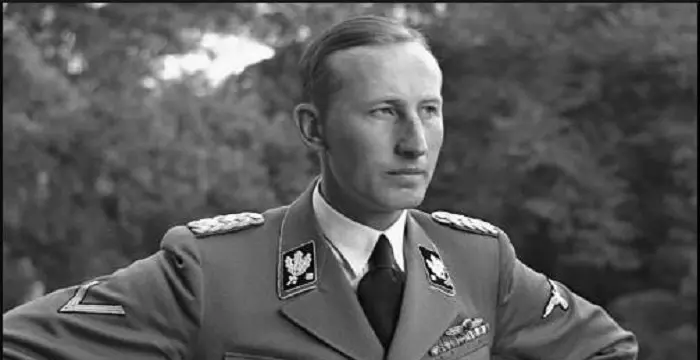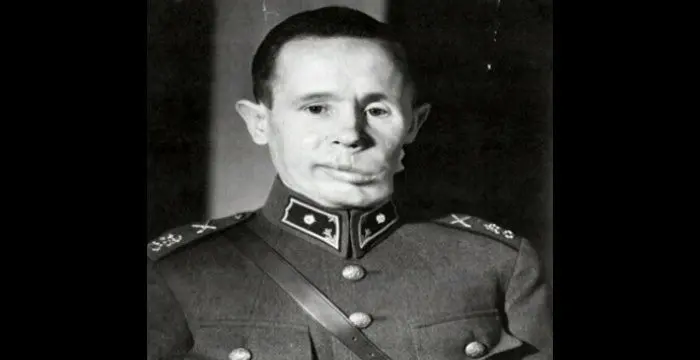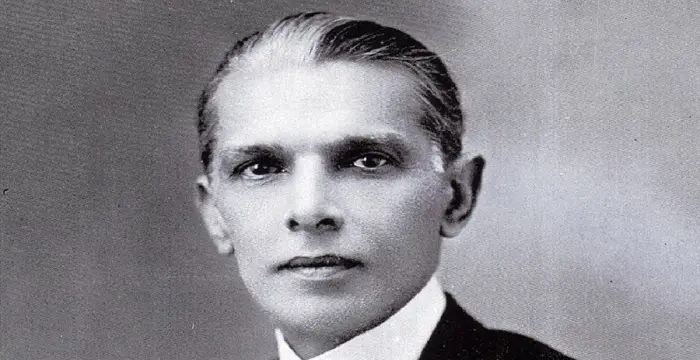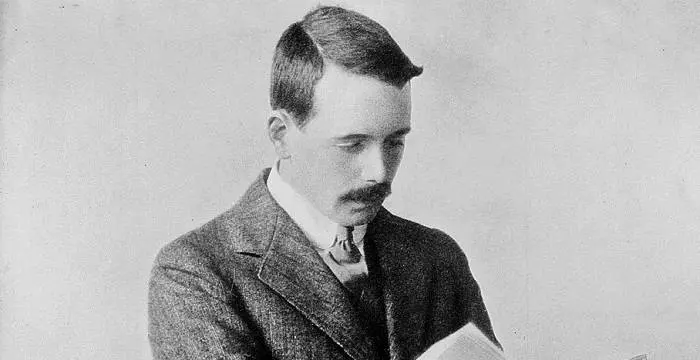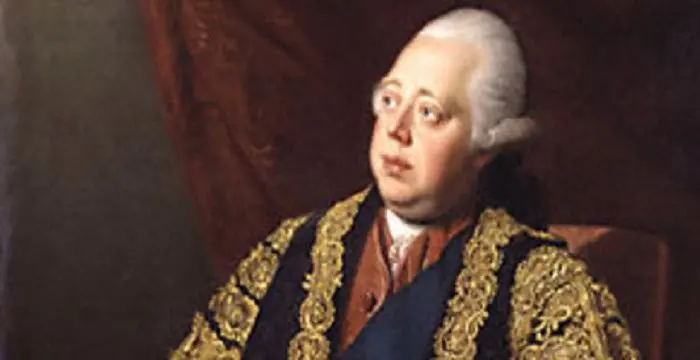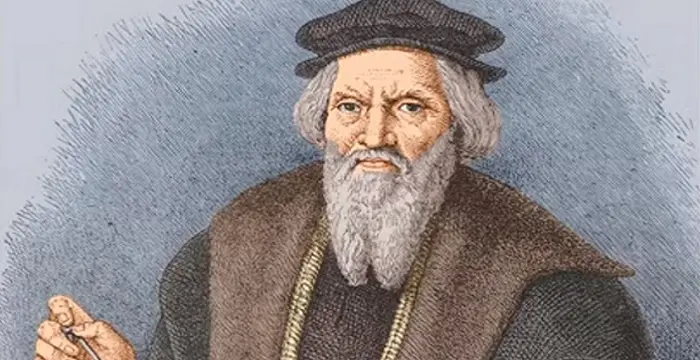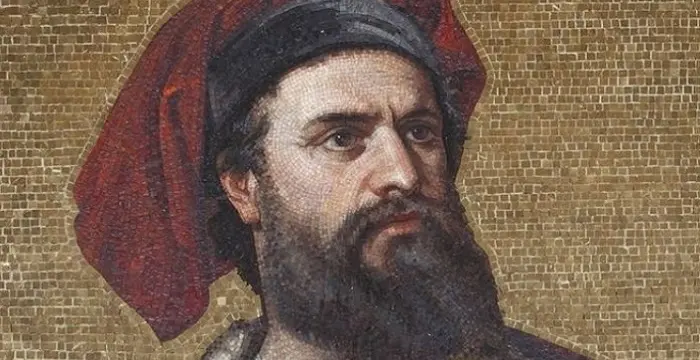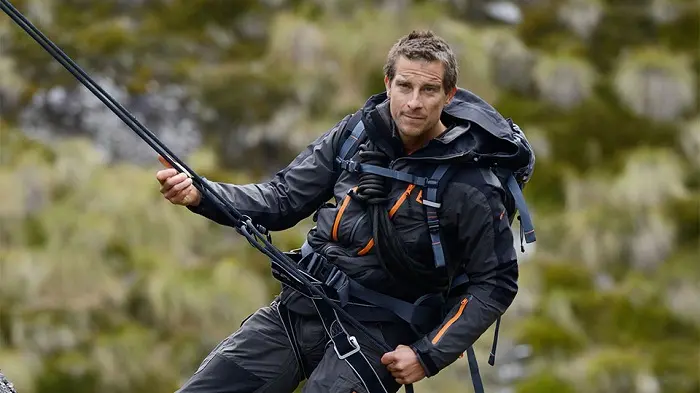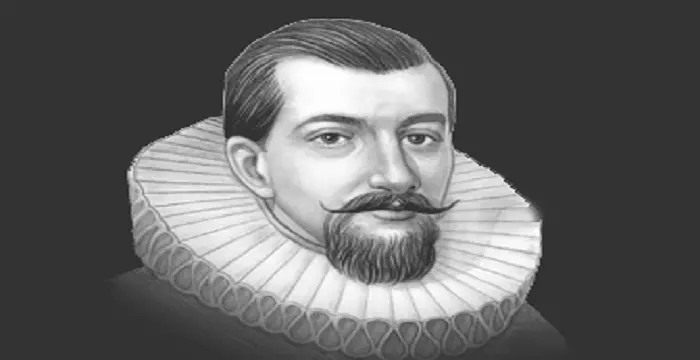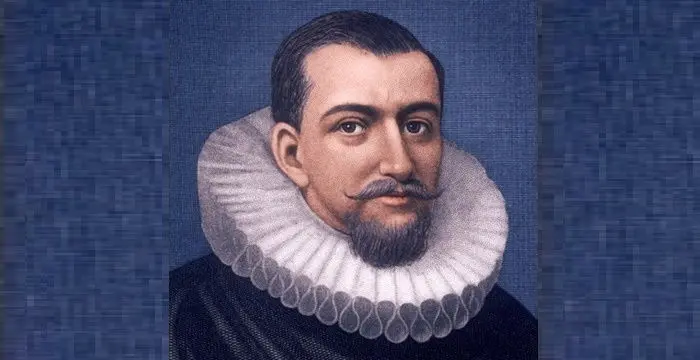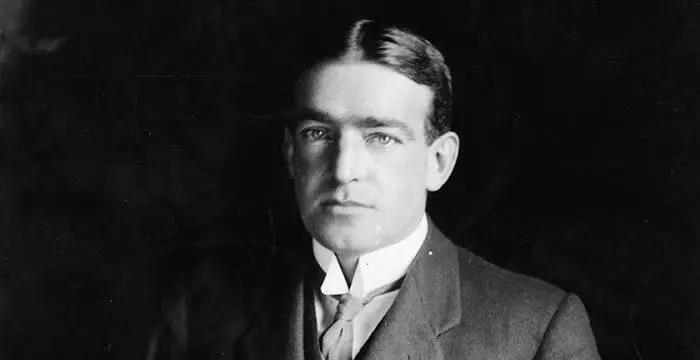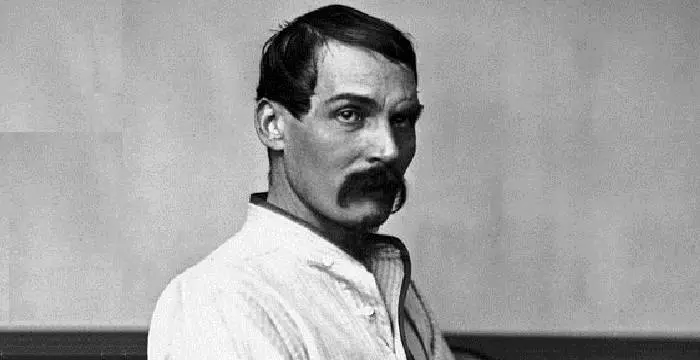
Richard Francis Burton - Translator, Birthday and Childhood
Richard Francis Burton's Personal Details
Richard Francis Burton was an English polymath who became world renowned after his expeditions to Mecca and Medina
| Information | Detail |
|---|---|
| Birthday | March 19, 1821 |
| Died on | October 20, 1890 |
| Nationality | British |
| Famous | Trinity College, Oxford, Intellectuals & Academics, Geographers, Writers, Diplomats, Soldiers, Explorers, Translator |
| Spouses | Isabel Burton |
| Known as | Sir Richard Francis Burton, Mirza Abdullah the Bushri, Hâjî Abdû El-Yezdî, Frank Baker |
| Universities |
|
| Notable Alumnis |
|
| Birth Place | Torquay |
| Gender | Male |
| Sun Sign | Pisces |
| Born in | Torquay |
| Famous as | Translator |
| Died at Age | 69 |
Richard Francis Burton's photo
Who is Richard Francis Burton?
Sir Richard Francis Burton was an English explorer, scholar, geographer, translator, writer, soldier, translator, cartographer, spy, linguist, poet, ethnologist, fencer and diplomat. He was born into a respectable and affluent family in Devonshire, England. His father was a British army officer and his mother was the daughter of a wealthy squire. Burton received his schooling from private tutors and a school in Surrey, before going to the Trinity College, Oxford University from where he was expelled. He joined the East India Company to fight in the first Afghan war, but was commissioned to the regiment of General Charles James Napier in Gujarat. In India, he developed his linguistic skills and performed many undercover operations for the Company. When an undercover investigation of a homosexual brothel went horribly wrong, he came back to Europe on a sick leave. His seven year stay in middle-Asia equipped him with all the tools he needed while treading on the forbidden (for non-Muslims) pilgrimage to Mecca and Medina which he wanted to undertake. He successfully completed the expedition and his memoir became world famous. Propelled by this success, he went on several other forbidden and exotic expeditions
// Famous Soldiers
Roza Shanina
Roza Shanina was a Russian sniper who came to be known as “the unseen terror of East Prussia” during World War II. Find more about her childhood, family, personal life, etc.
Reinhard Heydrich
Reinhard Heydrich was a high-ranking German Nazi official during the World War II. Check out this biography to know about his childhood, family life, achievements and other facts about his life.
Simo Häyhä
Simo "Simuna" Häyhä was a Finnish sniper, considered the most deadly sniper in war history. Find more about his family, childhood, personal life, career, achievements, etc.
Childhood & Early Life
Richard Francis Burton was born on March 19, 1821 in Torquay, Devonshire, England. His father, Lt.-Colonel Joseph Netterville Burton, was a British army officer in the 36th regiment and his mother, Martha Baker, was the daughter of a wealthy English squire.
He had two younger siblings, a sister named Maria Katherine Elizabeth Burton and a brother named Edward Joseph Netterville Burton.
Joseph retired early from an unsuccessful army career and the family shifted to France in 1825 and frequently travelled between England, France, and Italy. Richard Francis Burton’s primary education came through private tutors and in 1829 he enrolled in a preparatory school in Surrey.
He became well versed in French, Italian, Greek, Latin and Béarnaise and Neapolitan dialects over the following years.
He entered Trinity College, Oxford in 1840 where he gave glimpses of exceptional intellect and ability, but his overall image was more of a trouble-maker. He picked up a new language, Arabic, in the university but was expelled in 1842 on the grounds of disobedience.
Career
Richard Francis Burton wished to fight in the first Afghan War and enlisted in the army of the East India Company in 1842. However, he was posted to the 18th Regiment of Bombay Native Infantry, which was under the command of General Charles James Napier.
In India, he continued his love affair with new languages and soon mastered Hindustani, Gujarati, Punjabi, Sindhi, Saraiki, Marathi, Telegu, Pashto, Multani and Persian.
His multilingualism and knack for disguises made him Napier’s favorite intelligence officer. Burton travelled as a Muslim merchant named Mirza Abdullah in the bazaars of the Sindh province and brought back detailed reports.
In 1845, he conducted an undercover investigation of a homosexual brothel in Karachi which was frequented by the British officers. His report went into the wrong hands and it was believed that he was a regular visitor too.
He returned to Europe on a sick leave in 1849. For the next couple of years he stayed in Boulogne, France and wrote four books on India, including ‘Goa and the Blue Mountains’ and ‘Sindh and Races that Inhibit the Valley of the Indus’, a discourse on falconry, and a book on bayonet exercise.
Being an avid adventurer he wished to learn the secrets of Mecca and Medina. Since these cities were not open to non-Muslims, he had prepared for the ‘Hajj’ disguised as a Muslim merchant during his time in India. He learnt Islamic studies and practices and even underwent circumcision to prevent detection.
His pilgrimage started in April 1853 and he adopted various disguises to fulfill his purpose including that of an Afghani doctor and a Pashtun. He penned this fantastic and yet dangerous achievement in the travelogue ‘A Personal Narrative of a Pilgrimage to Al-Madinah and Meccah’ (1855).
The successful pilgrimage made him crave for more adventure and he set his eyes on Harar, the forbidden East African City. According to a prophecy ‘the city would decline if a Christian was admitted inside’; anyhow Burton became the first European to visit the place without being executed in 1854.
His next mission was to travel through the interiors of Somaliland and finding the source of the White Nile. He was accompanied by Lieutenant Speke, Lieutenant Herne and Lieutenant Stroyan.
But even before the expedition could begin, their group was attacked by around 200 Somali warriors. Stroyan was killed and Speke and Burton escaped with multiple injuries. Burton mentions of his African expedition in the travelogue ‘First Footsteps in East Africa’ (1856).
His next expedition was to locate the Inland Sea in Africa and possibly discover the source of the Nile River. He set off from Zanzibar with Speke in 1857.
In this expedition the duo faced many problems like the theft of their equipments and finding reliable bearers. To add to their miseries, Speke went temporarily blind and deaf in one ear and Burton became too weak to even walk for some time. They continued on their expedition in spite of these difficulties.
With great determination the expedition reached Lake Tanganyika in 1858, but they could not survey the area as most of the equipment was already lost, broken or stolen. Burton returned and penned his experiences in his book, ‘Lake Regions of Equatorial Africa’ (1860).
Speke continued the journey alone and venturing north, he reached the great Lake Victoria. He too couldn’t survey the lake due to the unavailability of proper equipments, but was personally convinced that this was indeed the source of the Nile River. He penned his experiences in the book ‘The Journal of the Discovery of the Source of the Nile’ (1863).
Speke undertook another expedition to verify the source of the River Nile with James Augustus Grant, a Scottish explorer. The group started from Zanzibar and returned via the Nile and declared the expedition as successful in verifying the source of the Nile River. However, Burton and other explorers still thought otherwise and this led to arguments between Burton and Speke.
Speke returned to London and presented a lecture at the Royal Geographical Society and the Society awarded Speke its Gold Medal. Burton was still unconvinced about the true source of the Nile and felt betrayed by Speke. The duo was scheduled to debate the source of the Nile at a meeting of the British Association for the Advancement of Science on 16 September 1864, but the debate never took place as Speke died unexpectedly before that.
Major Works
Richard Francis Burton received a thrill from going on expeditions to religiously forbidden places. He went for Hajj to Mecca (a zealously guarded Islamic city which non-Muslims are prohibited from entering) and Medina in 1853. He accomplished this journey by disguising himself as a Muslim merchant and even underwent circumcision. His next expedition of great risk and danger was to Harar, the forbidden East African City. According to a prophecy, the city would fall if a Christian entered its domains, but Burton did it in 1854 and became the first European to do so.
Awards & Achievements
Richard Francis Burton was made a Knight Commander of St. Michael and St. George in 1886. He was also the recipient of a Crimea Medal.
Personal Life & Legacy
Richard Francis Burton got engaged to Isabel Arundell amid protests from Isabel’s family. Isabel’s family was against the marriage as he neither was a Catholic nor rich. But with time the protests declined and the couple got married in 1861.
He passed away in Trieste on 20 October 1890 due to a heart attack. His wife never recovered from this loss and she burned many of Burton’s diaries and journals. Her act was to protect her husband from being called vicious, as most of his collected data was on the matters that Victorian England called vice.
// Famous Trinity College, Oxford
Muhammad Ali Jinnah
Muhammad Ali Jinnah was an influential political leader of India before partition and instrumental in creation of Pakistan. This biography offers detailed information on his childhood, political career, life and timeline.
Henry Moseley
Henry Moseley was a renowned English physicist who developed the Moseley’s Law in the field of x-ray spectroscopy. To know more about his childhood, career, profile and timeline read on.
Lord North
Lord North served as the Prime Minister of Great Britain from 1770 to 1782. This biography provides detailed information about his life, career, achievements and timeline.
Richard Francis Burton's awards
| Year | Name | Award |
|---|---|---|
Other | ||
| 0 | Crimea Medal | |
| 0 | 1859 - Founder's Gold Medal | |
Richard Francis Burton biography timelines
- // 19th Mar 1821Richard Francis Burton was born on March 19, 1821 in Torquay, Devonshire, England. His father, Lt.-Colonel Joseph Netterville Burton, was a British army officer in the 36th regiment and his mother, Martha Baker, was the daughter of a wealthy English squire.
- // 1825 To 1829Joseph retired early from an unsuccessful army career and the family shifted to France in 1825 and frequently travelled between England, France, and Italy. Richard Francis Burton’s primary education came through private tutors and in 1829 he enrolled in a preparatory school in Surrey.
- // 1840 To 1842He entered Trinity College, Oxford in 1840 where he gave glimpses of exceptional intellect and ability, but his overall image was more of a trouble-maker. He picked up a new language, Arabic, in the university but was expelled in 1842 on the grounds of disobedience.
- // 1842Richard Francis Burton wished to fight in the first Afghan War and enlisted in the army of the East India Company in 1842. However, he was posted to the 18th Regiment of Bombay Native Infantry, which was under the command of General Charles James Napier.
- // 1845In 1845, he conducted an undercover investigation of a homosexual brothel in Karachi which was frequented by the British officers. His report went into the wrong hands and it was believed that he was a regular visitor too.
- // 1849He returned to Europe on a sick leave in 1849. For the next couple of years he stayed in Boulogne, France and wrote four books on India, including ‘Goa and the Blue Mountains’ and ‘Sindh and Races that Inhibit the Valley of the Indus’, a discourse on falconry, and a book on bayonet exercise.
- // 1853 To 1854Richard Francis Burton received a thrill from going on expeditions to religiously forbidden places. He went for Hajj to Mecca (a zealously guarded Islamic city which non-Muslims are prohibited from entering) and Medina in 1853. He accomplished this journey by disguising himself as a Muslim merchant and even underwent circumcision. His next expedition of great risk and danger was to Harar, the forbidden East African City. According to a prophecy, the city would fall if a Christian entered its domains, but Burton did it in 1854 and became the first European to do so.
- // Apr 1853 To 1855His pilgrimage started in April 1853 and he adopted various disguises to fulfill his purpose including that of an Afghani doctor and a Pashtun. He penned this fantastic and yet dangerous achievement in the travelogue ‘A Personal Narrative of a Pilgrimage to Al-Madinah and Meccah’ (1855).
- // 1854The successful pilgrimage made him crave for more adventure and he set his eyes on Harar, the forbidden East African City. According to a prophecy ‘the city would decline if a Christian was admitted inside’; anyhow Burton became the first European to visit the place without being executed in 1854.
- // 1856But even before the expedition could begin, their group was attacked by around 200 Somali warriors. Stroyan was killed and Speke and Burton escaped with multiple injuries. Burton mentions of his African expedition in the travelogue ‘First Footsteps in East Africa’ (1856).
- // 1857His next expedition was to locate the Inland Sea in Africa and possibly discover the source of the Nile River. He set off from Zanzibar with Speke in 1857.
- // 1858 To 1860With great determination the expedition reached Lake Tanganyika in 1858, but they could not survey the area as most of the equipment was already lost, broken or stolen. Burton returned and penned his experiences in his book, ‘Lake Regions of Equatorial Africa’ (1860).
- // 1861Richard Francis Burton got engaged to Isabel Arundell amid protests from Isabel’s family. Isabel’s family was against the marriage as he neither was a Catholic nor rich. But with time the protests declined and the couple got married in 1861.
- // 1863Speke continued the journey alone and venturing north, he reached the great Lake Victoria. He too couldn’t survey the lake due to the unavailability of proper equipments, but was personally convinced that this was indeed the source of the Nile River. He penned his experiences in the book ‘The Journal of the Discovery of the Source of the Nile’ (1863).
- // 16th Sep 1864Speke returned to London and presented a lecture at the Royal Geographical Society and the Society awarded Speke its Gold Medal. Burton was still unconvinced about the true source of the Nile and felt betrayed by Speke. The duo was scheduled to debate the source of the Nile at a meeting of the British Association for the Advancement of Science on 16 September 1864, but the debate never took place as Speke died unexpectedly before that.
- // 1886Richard Francis Burton was made a Knight Commander of St. Michael and St. George in 1886. He was also the recipient of a Crimea Medal.
- // 20th Oct 1890He passed away in Trieste on 20 October 1890 due to a heart attack. His wife never recovered from this loss and she burned many of Burton’s diaries and journals. Her act was to protect her husband from being called vicious, as most of his collected data was on the matters that Victorian England called vice.
// Famous Explorers
John Cabot
John Cabot was an Italian navigator and explorer who was the first European to discover the coast of North America. Check out this biography to know about his childhood, life, and achievements.
Marco Polo
Marco Polo was the legendary Italian merchant, explorer and traveler, who travelled to China and worked under emperor, Kublai Khan. Read this biography to learn more about his profile, childhood, life and timeline.
Bear Grylls
Bear Grylls is an adventurer popularly known for his bizarre survival tactics in reality television series Man vs. Wild. This biography provides detailed information about his childhood, profile, career and timeline.
Henry Hudson
Henry Hudson was an early 17th century English navigator and explorer. This biography of Henry Hudson provides detailed information about his childhood, life, achievements, works & timeline
Francisco Vásquez de Coronado
Francisco Vazquez de Coronado was a Spanish conquistador who became one of the first Europeans to discover the Grand Canyon. This biography of Vazquez de Coronado provides detailed information about his childhood, life, achievements, works & timeline
Sir Ernest Shackleton
Ernest Shackleton was a celebrated Anglo-Irish polar explorer. This biography profiles his childhood, career, major expeditions, explorations, achievements and timeline.
Richard Francis Burton's FAQ
What is Richard Francis Burton birthday?
Richard Francis Burton was born at 1821-03-19
When was Richard Francis Burton died?
Richard Francis Burton was died at 1890-10-20
Where was Richard Francis Burton died?
Richard Francis Burton was died in Trieste
Which age was Richard Francis Burton died?
Richard Francis Burton was died at age 69
Where is Richard Francis Burton's birth place?
Richard Francis Burton was born in Torquay
What is Richard Francis Burton nationalities?
Richard Francis Burton's nationalities is British
Who is Richard Francis Burton spouses?
Richard Francis Burton's spouses is Isabel Burton
What was Richard Francis Burton universities?
Richard Francis Burton studied at Trinity College, Oxford, Trinity College, Oxford, University of Oxford
What was Richard Francis Burton notable alumnis?
Richard Francis Burton's notable alumnis is Trinity College, Oxford
What is Richard Francis Burton's sun sign?
Richard Francis Burton is Pisces
How famous is Richard Francis Burton?
Richard Francis Burton is famouse as Translator
